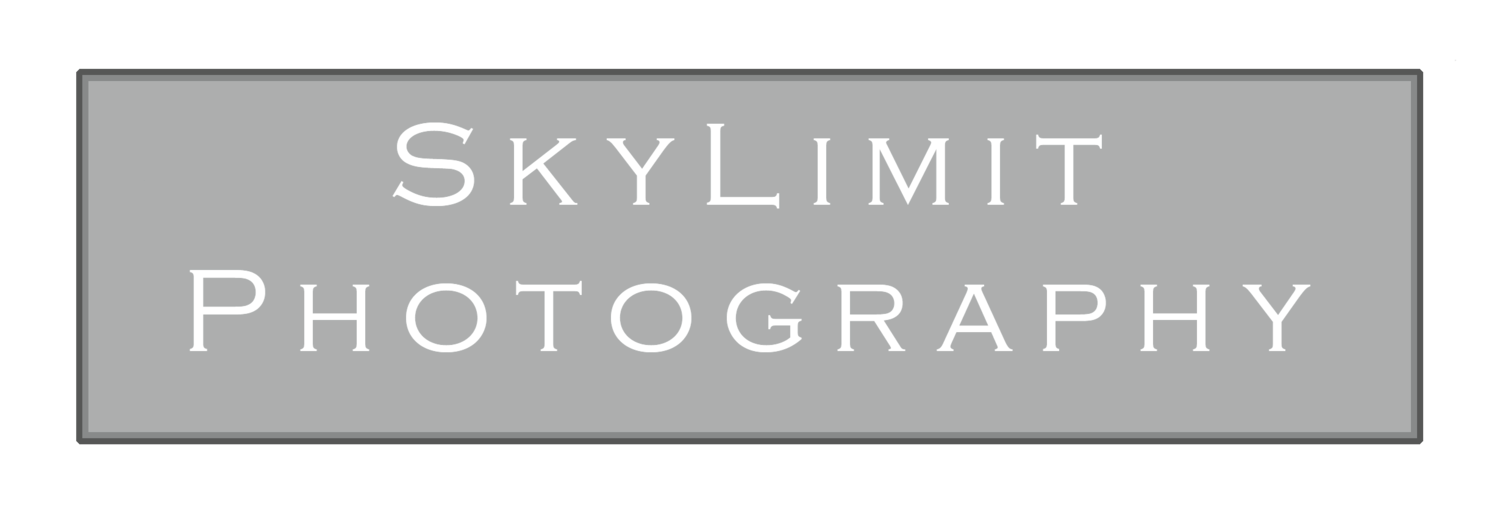Natural light Vs. Flash - why artificial light is my preference
If you’ve been following me for any length of time, you’ll know I use flash photography for the vast majority of my work, but most (non photographer) people don’t really understand what I mean when I say this. In this month’s blog, I thought it would be great to talk about what flash photography is, how it compares to natural light, and why it’s always my go to for the work I produce.
Firstly, what is off camera flash?
The flash I use is called off camera flash, which means it’s not attached to my camera. I have a trigger which attaches to the top of my camera and sends a wireless signal to the flash units I’m using to fire when I press the shutter.
The flash units I’m using are able to push out a large amount of power, in a short burst of light, which syncs up with my camera. I then add modifiers onto these flash units to further manipulate the way the light is expressed in an image. I use tulip box modifiers predominantly, and just as the name sounds, they look a little bit like massive tulips in shape, with silver material on the inside to bounce the light out.
How does it compare to natural light?
When I say natural light, I’m referring to the light naturally available, usually daylight, just for clarity.
Naturally available light can be fantastic, and I know some natural light photographers who are phenomenally skilled in manipulating this light to create stunning images, but there’s only so much you can do with natural light, it’s often luck of the draw for what you’ll get on any given day, sometimes you end up with bleachingly bright sunlight, sometimes it’s a soft overcast light, or if you’ve been blessed by the Gods, you might get sumptuously soft golden hour light (think sunrise or sunset light).
Natural light forces you to get extra creative with the limited resources available, you’ll have to look harder for interesting elements to manipulate your available light (Windows, doorframes, tree branches, etc.), or you might need to bring in reflectors (Literally a large disc with a reflective surface, either in white, gold, or silver) which can bounce the light to where you want it - you’re able to add a subtle amount of light where there wasn’t any to enhance a shot.
This image was shot with natural light, it gives a different feeling of contrast, however I had to lift the shadows up in post production to avoid overly heavy shadows
Off camera flash, however, means you have full control of the light available on any given day. Painfully bright sun which gives you heavy shadows? Flash will soften those shadows and give a more balanced image. Overcast day? You get to add a beautiful pop of light to stand your subject out from the backdrop. Golden hour light? You get to keep those gorgeous sunset colours without having a dark subject, but rather helping the subject pop without a loss of depth in the backdrop colour.
I’m also able to shoot much sharper images because I’m not pushing up my ISO (ISO controls how much light hits the sensor, the higher this is, the more grain/noise you’ll get in an image), with a greater depth of detail in my subject too.
Both natural light and off camera flash come with their own unique advantages, and mastery of each is a hard earned skill.
The subtle use of flash really helps this this horse stand out from the backdrop on an overcast cast, giving him a gorgeous shine on the coat too - it feels very Stubbs-esque.
Why flash is my go to
For me, flash gives me so much more room to create. I can adjust how much or how little light I’m getting from each unit, add more drama with heavier contrasts, soften an image with a more gentle contrast, highlight specific details, shoot in challenging natural light conditions without a loss of quality, help my subject stand out as the more important part of an image, and I just feel like the images are more crisp.
When it comes to portraits, it saves me hours on editing time because I’m not spending forever removing the background, I’m able to give a much more detailed image by picking out the horse’s features using sculptural light, I can create much more interesting effects because I’m not restrained by the direction of light, and once again, these portraits come with such a gorgeous level of sharpness.
I just feel like I’ve got so many more options available, and as time goes in I’ll be adding more tools to my arsenal of modifiers to give me an even greater scope for creativity.
The use of a simple, single light has made this image so much more interesting - one of the many ways I like to use flash to add a different feel to an image.
To finalise I don’t think one is better than the other, both take an immense level of skill to master, and both come with their perks; they’re such different mediums to play with. But for me, flash definitely has my heart and gives a very particular look to the images I create, it’s my way of putting my own stamp on each image shot.




